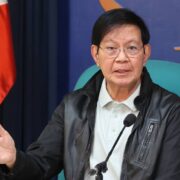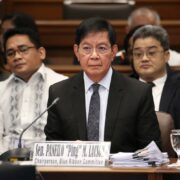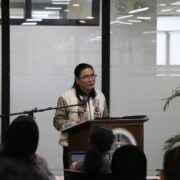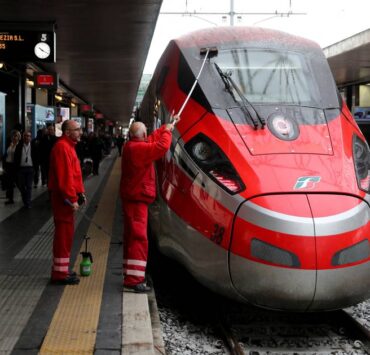Germany’s equality chessboard creates headache for new gov’t
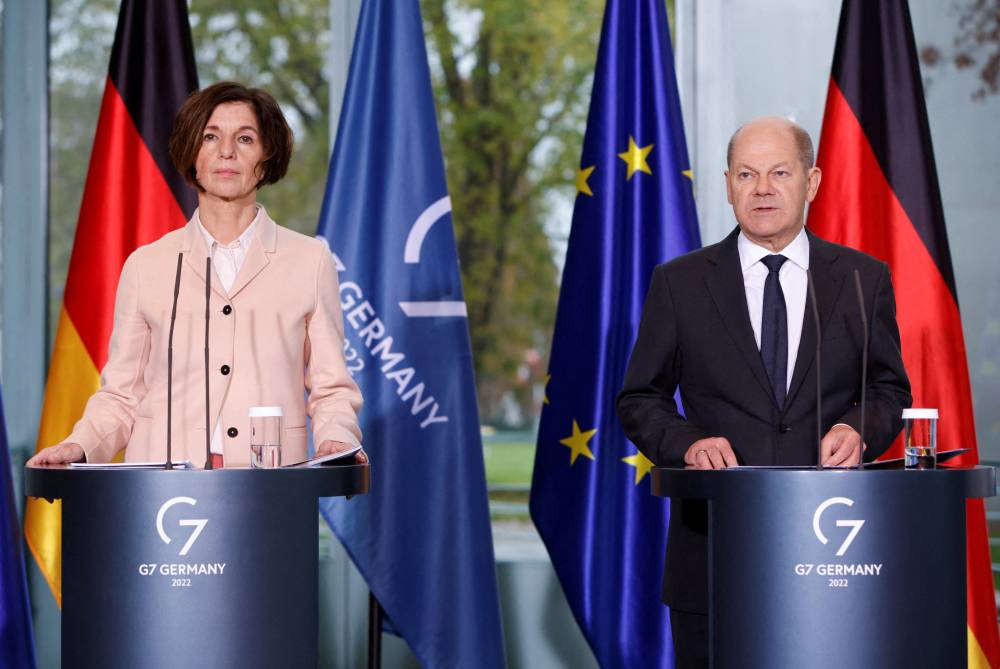
BERLIN—Germany faces the conundrum of choosing ministers for its next government without flouting equality sensitivities: the main candidates are from only two regions, and none of the names circulating so far is a woman.
Announcing the coalition deal between his conservatives and the Social Democrats this week, chancellor-in-waiting Friedrich Merz said that while the responsibilities and parties in charge of each ministry had been agreed, nothing would be finalized until the SPD has ratified the accord at the end of April.
In Germany, a decentralized country with powerful regional party organizations in each of 16 federal states, it is hard to keep everyone happy. It’s not for want of experienced hands.
For example, the Christian Democrats have Jens Spahn, the health minister who steered Germany through the COVID-19 pandemic, and Armin Laschet, who was premier of a state larger than the Netherlands, or former party chief Carsten Linnemann.
But all, like Merz, are from North Rhine-Westphalia, leaving too few slots for people from party branches in other states.
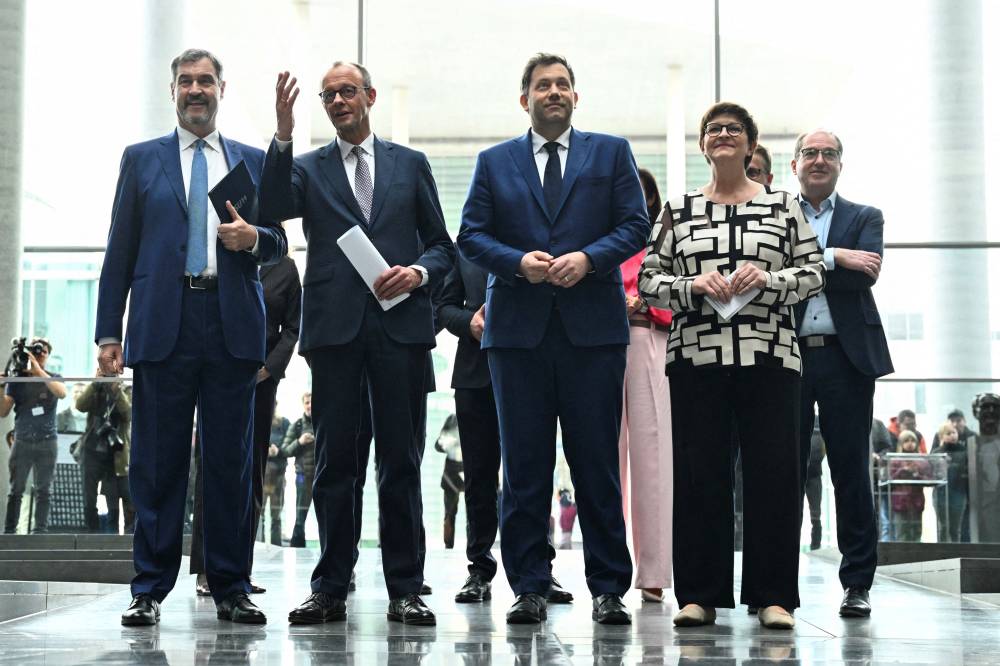
Same problem
The SPD has the same problem with Lower Saxony, home to Volkswagen and a party stronghold since former Chancellor Gerhard Schroeder ran it. Boris Pistorius, the popular defence minister, Hubertus Heil, the long-serving labor minister, and SPD leader Lars Klingbeil are all from there.
Conspicuously absent from all lists leaked to the media so far is a woman in any of the most senior ministries—foreign affairs, finance, economics and interior. Olaf Scholz’s outgoing government had women in two of the four posts.
Less women
Backsliding on that would be a conspicuous failure, political analysts say, especially as the number of women in the newly elected parliament has also fallen, back down below a third of the assembly.
For Merz, under scrutiny for remarks he has made about women in the past, the matter is delicate. Last year, he spoke against formal quotas in government. Scholz, the outgoing chancellor, insisted on parity between men and women.
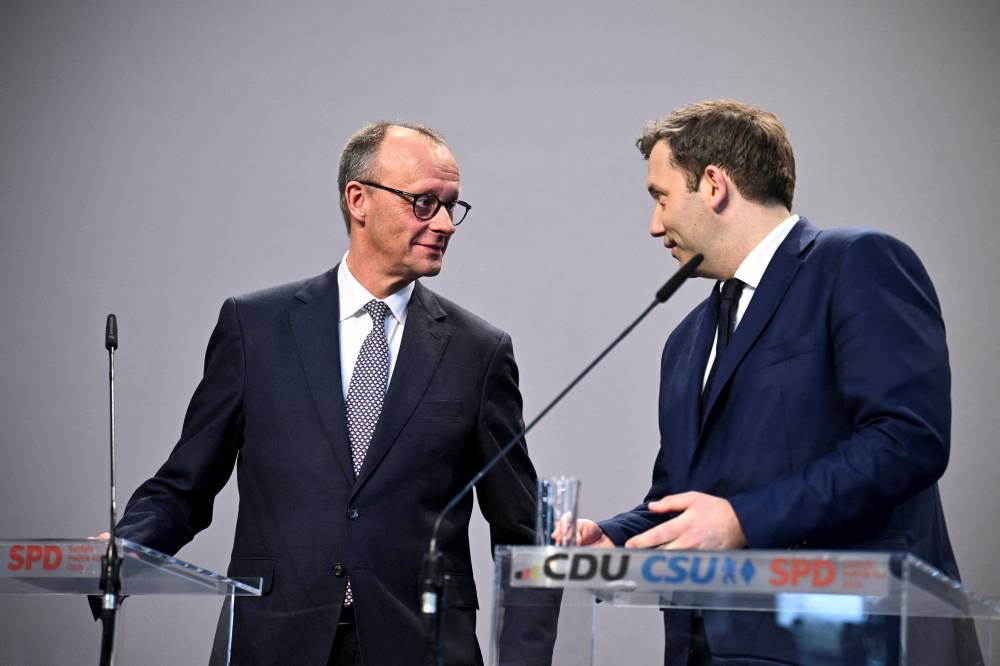
“We don’t do women any favors if we do that (quotas),” Merz said, describing scenarios where a less capable woman was appointed purely because of her gender.
“Who gets each ministry is decided not by the chancellor or the coalition, but each party on its own,” said Kai Arzheimer, a professor at Mainz University. “And there, matters like the SPD’s Lower Saxony connection can play a role.”
Other regional parties are also loath to see the Lower Saxony clique being rewarded after it led the SPD to its worst-ever result in the February 23 election.
Ideally, some senior ministers would come from the former East Germany, a region that is still underrepresented 35 years after reunification.
That matters all the more at a time when the far-right AfD party, which is anchored in eastern Germany, is leading in the country’s polls for the first time since World War II.
Reuters, the news and media division of Thomson Reuters, is the world’s largest multimedia news provider, reaching billions of people worldwide every day. Reuters provides business, financial, national and international news to professionals via desktop terminals, the world's media organizations, industry events and directly to consumers.


